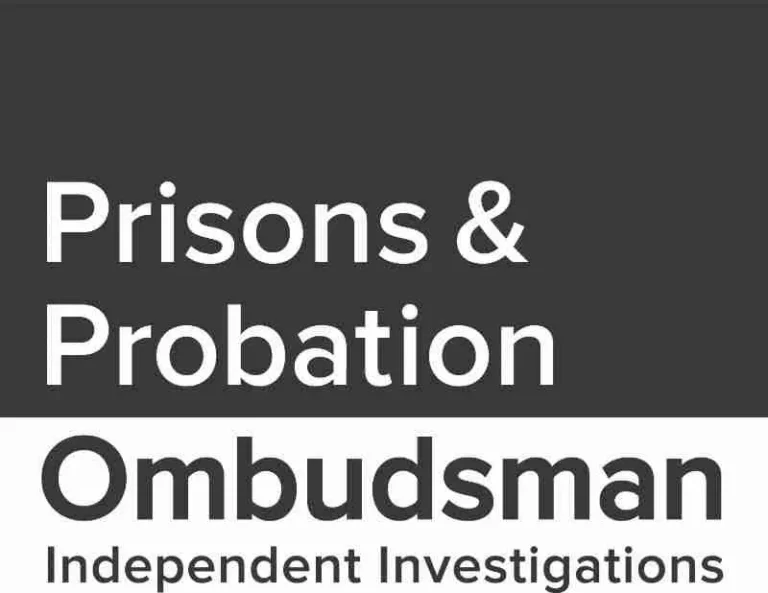Insights from Insights23: Why we hosted “Become a Prisons and Probation Ombudsman (PPO) Investigator for the day”

Jennifer Drew reflects on a very popular event.

Jennifer Drew
Assistant Ombudsman, Complaints,
Prisons and Probation Ombudsman
Have you ever thought about what happens when a prisoner dies in custody or just after release? Or what happens when a prisoner is unsatisfied with the outcome of a complaint?
That’s where the PPO comes in, an Arms-Length Body that carries out independent investigations into:
- complaints made by prisoners, young people in detention (prisons and secure training centres), people under probation supervision and individuals detained under immigration powers (detained individuals)
- deaths of prisoners, young people in detention, approved premises’ residents and detained individuals due to any cause
- deaths of recently released prisoners that occur within 14 days of release from prison (except homicide)
At Insights23 we gave our colleagues in the Criminal Justice System the chance to become a PPO investigator for a day. Just like at Insights22, they grasped the opportunity, and tickets sold out quickly.
During the day, the delegates gained a broad understanding of the workings of the PPO – from the evolution of the organisation over time, to its investigations and how we manage the challenges of interacting with bereaved families, prisons, prisoners and wider stakeholders.
The event gave us the opportunity to share information and build engagement around the PPO and the work we do, while allowing colleagues from across the criminal justice system the chance to get stuck into some of our investigations. It brought the work of our investigative functions to life as delegates had the opportunity to meet and interact with our investigators and other PPO staff face-to-face.
This also provided our investigators with the opportunity to share not just the what of our day-to-day work, but the how and the why. It allowed us to show delegates how we learn and develop from our work by rigorously analysing and interrogating the data we gather to inform our strategic goals.
Some examples of the difference we make are:
- Contributing to changes in local and national prison policy frameworks
- Prisoners being reunited with, or compensated for their missing possessions
- Prisons tightening up their complaints procedures to ensure they are dealt with in a timely manner
- Providing insight and answers to bereaved families
- Identifying systemic and endemic issues to prevent self-inflicted deaths
- Providing staff with recognition of their good work in often difficult circumstances
We also took the opportunity during the event to provide delegates with a snapshot of the research we undertake behind the scenes of our core investigative work. We shared information about how we learn from our investigations, how we share those lessons with stakeholders, how we contribute to policy change, and examples of publications we have produced to share that knowledge with our wider stakeholders.
We knew we had a good event on offer, but what surprised us was the delegates’ desire to get as much from the day as they possibly could, including immediately sharing it with their colleagues and encouraging them to sign up for future events. We were also surprised at the number of delegates who expressed a genuine interest in working with us at the PPO.
For more information on the PPO and what we do please visit our website at www.ppo.gov.uk or email ppocomms@ppo.gov.uk.
